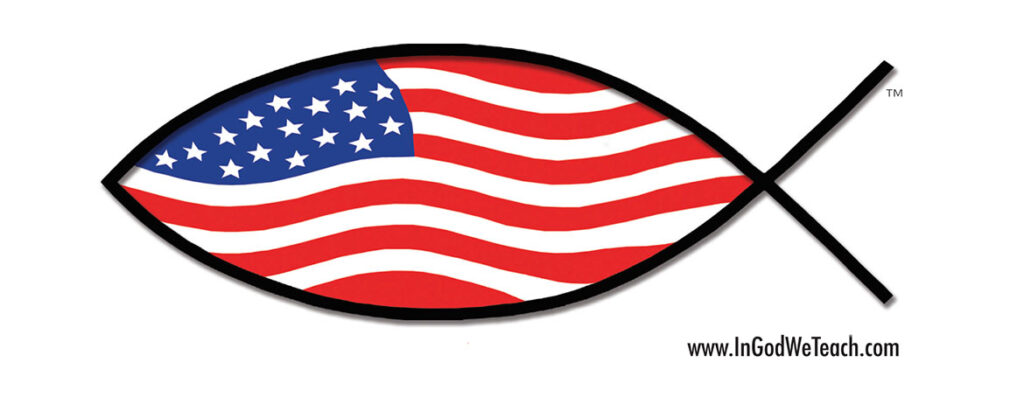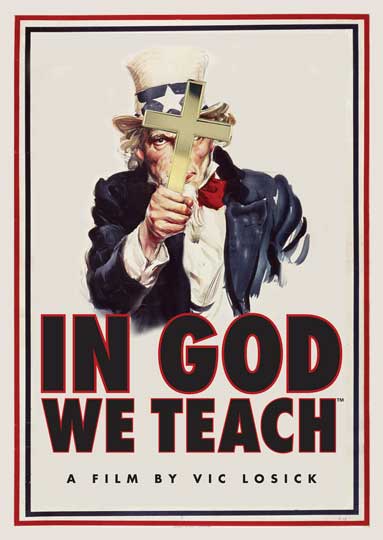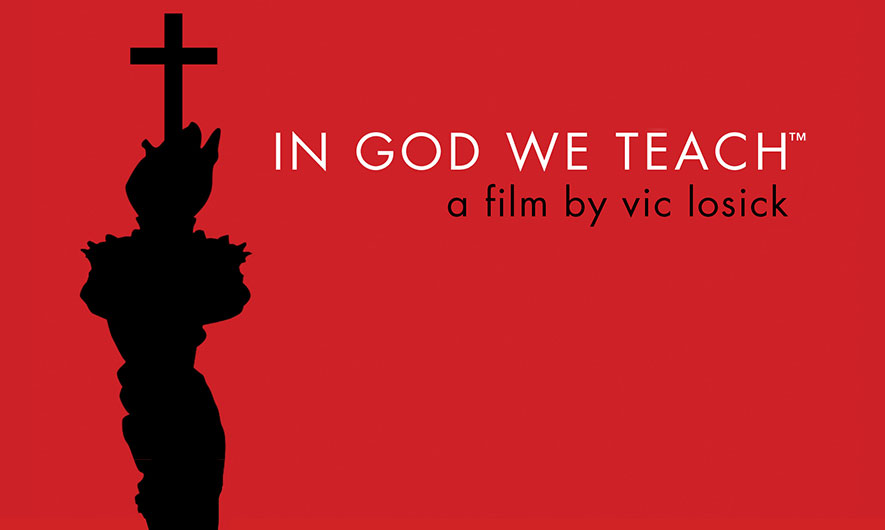Are We a Christian Nation?
Yes, and No.
Ever since Europeans pushed Native Americans to the fringes of society, the United States has been a majority Christian nation. Yet the Framers of the U.S. Constitution, many of whom were also of the Christian faith, envisioned and erected a federal government uniquely secular in nature. Nevertheless, Christian fundamentalists wrongly insist that it is not the verifiably nonreligious clauses of the Constitution but the faith of its signers that should inform our basic understanding of who we are and, as such, drive our political choices.
Religion is divisive (i.e. “the chosen people,” “No one comes to the Father except through me.”) yet many conservative politicians continue to proclaim that we are indeed a Christian nation. “How did we get here?” you may ask.
Once the Puritans landed on our shores the first battle of what was to become our culture wars was engaged. To be sure, we are one of the most religious countries in the developed world. And the legitimacy of the Christian culture that flourishes around us is not, and should not be questioned. But rather, any controversy resides in the nature of the relationship between our personal religion and our collective government.
During the 1950s when the “religious” West was fighting “godless” communism the United States made certain religious/political gestures stressing this difference between the two systems: “under God” was inserted into the Pledge of Allegiance;
While those who extol religion as the sole formative factor cite the numerous letters the Founders wrote referencing the virtues of religion and morality, the secularist can respond, “Yes, the Founders praised religion & morality, but the government that they ultimately established was entirely and deliberately non-theistic, for the Constitution neither endorses, nor opposes any religion.”
Fundamentalists also maintain that the reference to religious symbols in some official buildings establish that our government was indeed founded on “Judeo-Christian principles”, a) the depiction of Moses in the frieze of the Supreme Court, b) “Praise God” engraved at the top of the Washington Monument, and c) an emblem of the 10 Commandments embedded in the floor of the National Archives, support their view. To which the irreligious retort, a) “Does the shape of the Supreme Court building based on the Parthenon in Athens make us pagans?” b) “Does the statue of the Roman god Mars in the Capitol rotunda suggest we are polytheists?” and c) “Do the ‘eye’ and ‘pyramid’ icons on the back of the dollar bill confirm us all as unwitting Freemasons?
There are tens of millions of American Christians, to whom their religious beliefs are paramount to their identity. Their sincerity is unquestioned. But ironically, their sincerity has been misappropriated and hijacked by those who insist that any defense of a secular constitution is fundamentally un-American.
"Religion is divisive yet many conservative politicians continue to proclaim that we are indeed a Christian nation."

"...remember that what makes us truly exceptional is our respect for all individual citizens, Christian or not."
a National Day of Prayer was instituted; and “In God, We Trust” replaced “E Pluribus Unum” as our national motto.
However, in the 1960’s the Supreme Court handed down several decisions limiting religion in governmental affairs: organized prayer was banned from public schools (Schempp); only evolution was to be taught as science in public schools (Epperson), and tests that define church & state separation were established (Lemon). Resistance to this judicial secularism increasingly manifested itself in the Moral Majority movement, in which the organized Christian Right began a push-back movement that continues to this day.
Christian Fundamentalists assert that the divine character of our government is derived from the fact that: “God,” “Creator,” and “Providence” are mentioned in the Declaration of Independence. Separatists, however, counter that after Cornwallis surrendered to Washington at the Battle of Yorktown in 1781, it was not the Declaration of Independence that the Framers used as the basis from which to govern. Rather they reconvened and established a new government, crafting a different document as the source of our laws; at first, it was the Articles of Confederation, and then it was, and still is, the Constitution.
Such shameful demagoguery and pandering can be seen and heard from an increasing number of journalists, politicians, and clergy, all in the cause of higher ratings, more votes, or larger congregations.
In their campaign to Christianize the essential non-definitive religious nature of our American government they purposely confuse, blur, and misuse concepts such as religion, belief, and morality, with the effect of conflating a Christian population with a secular government.
Only our public schools, which have a duty to educate and produce knowledgeable and well-informed citizens, can remedy this confusion. Sadly, courses in basic civics remain inadequate, if taught at all.
While the Framers of our Constitution were masterful in their creation of a democratically elected republic, they were apprehensive of the “tyranny of the majority.” So we Americans, living in a society that is, for the time being, majority Christian, would do well to remember that secular values define our pluralistic and democratic government. Moreover, what makes us truly a great nation is our respect for all individual citizens, Christian or not.
Are We a Christian Nation?
Watch and Decide for Yourself


